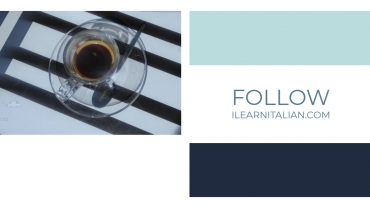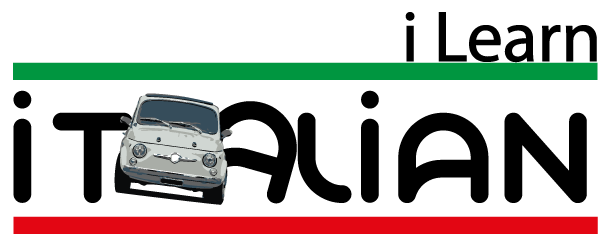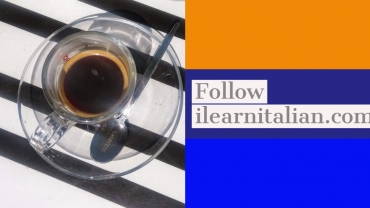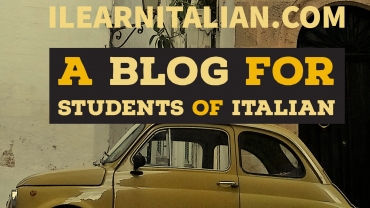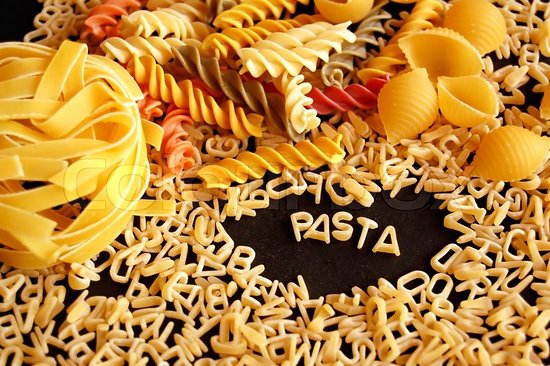How many tenses does Italian have?How many Italian verbs are there?Where can I find a complete list of irregular verbs in Italian?Queste sono le domande che i miei studenti mi fanno quando incominciamo a studiare i verbi irregolari. Proviamo insieme a fare un po’ di ordine per memorizzare più velocemente questi verbi. Dividiamoli in gruppi. Gruppo dei verbi -gliere I…
